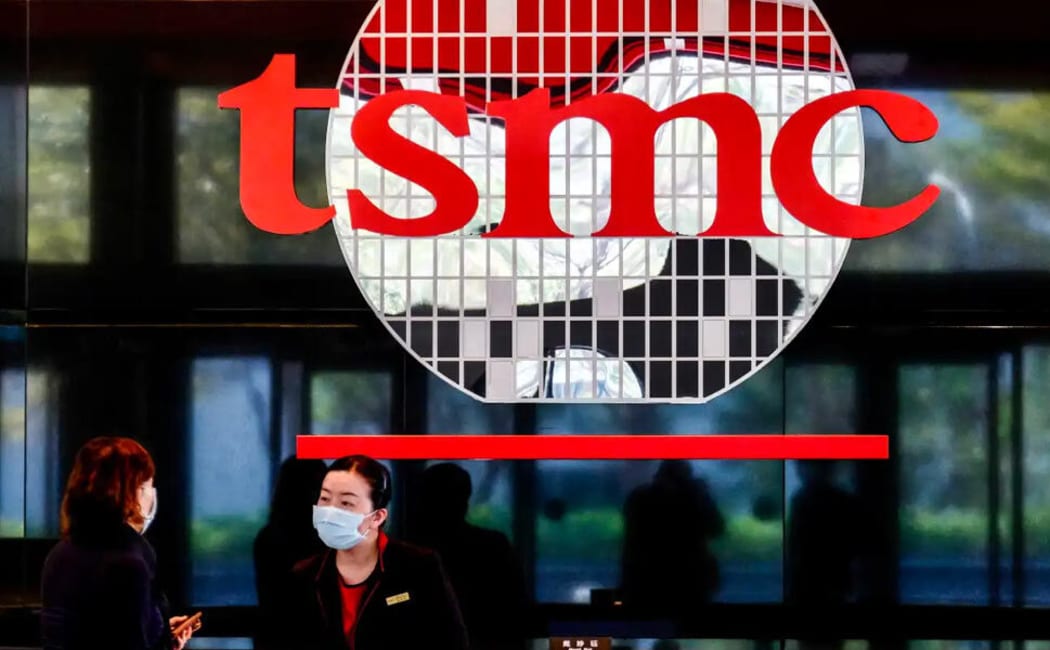Taiwan Charges Three Over Theft of TSMC 2nm Chip Secrets Linked to Tokyo Electron

Taipei, August 27, 2025 — Taiwanese prosecutors have formally charged three individuals with the theft of highly confidential technology belonging to Taiwan Semiconductor Manufacturing Company (TSMC), the world’s leading chip producer. The stolen information allegedly involved 2-nanometre semiconductor process technology, considered a cornerstone of Taiwan’s national security and global competitiveness.
The defendants include a former TSMC engineer who later joined the Taiwan branch of Tokyo Electron, along with two current employees of the chip giant at the time of the breach. Authorities revealed that the group was charged under both the National Security Act and the Trade Secrets Act.
According to prosecutors, the ex-employee, identified only by the surname Chen, leveraged his connections with former colleagues to gain access to sensitive files. The materials were allegedly reproduced to assist Tokyo Electron in enhancing its chipmaking equipment, particularly etching machines, with the goal of qualifying as a supplier for TSMC’s advanced 2nm production lines.
“This case involves critical national technologies vital to Taiwan’s industrial lifeline and threatens the global competitiveness of our semiconductor sector,” the High Prosecutors Office’s Intellectual Property Branch said in an official statement.
Investigators discovered 12 classified pages tied to TSMC’s 2nm etching process. Prosecutors are seeking a 14-year prison sentence for Chen, while recommending nine and seven years for the other two defendants. Three additional individuals initially detained were not formally indicted.
Tokyo Electron, one of the world’s largest suppliers of semiconductor manufacturing equipment and a recipient of TSMC’s 2024 Excellent Performance Award, stated that it had already dismissed the implicated employee once their involvement was confirmed.
TSMC reaffirmed its “zero-tolerance policy” against trade secret leaks, stressing that it had taken strict disciplinary measures and continues to strengthen protections around its core technologies. However, the company declined to disclose the exact details of the leaked 2nm process.
As global demand for advanced semiconductors grows, this case underscores the strategic importance of chip security and the risks tied to industrial espionage in the high-stakes semiconductor supply chain.
